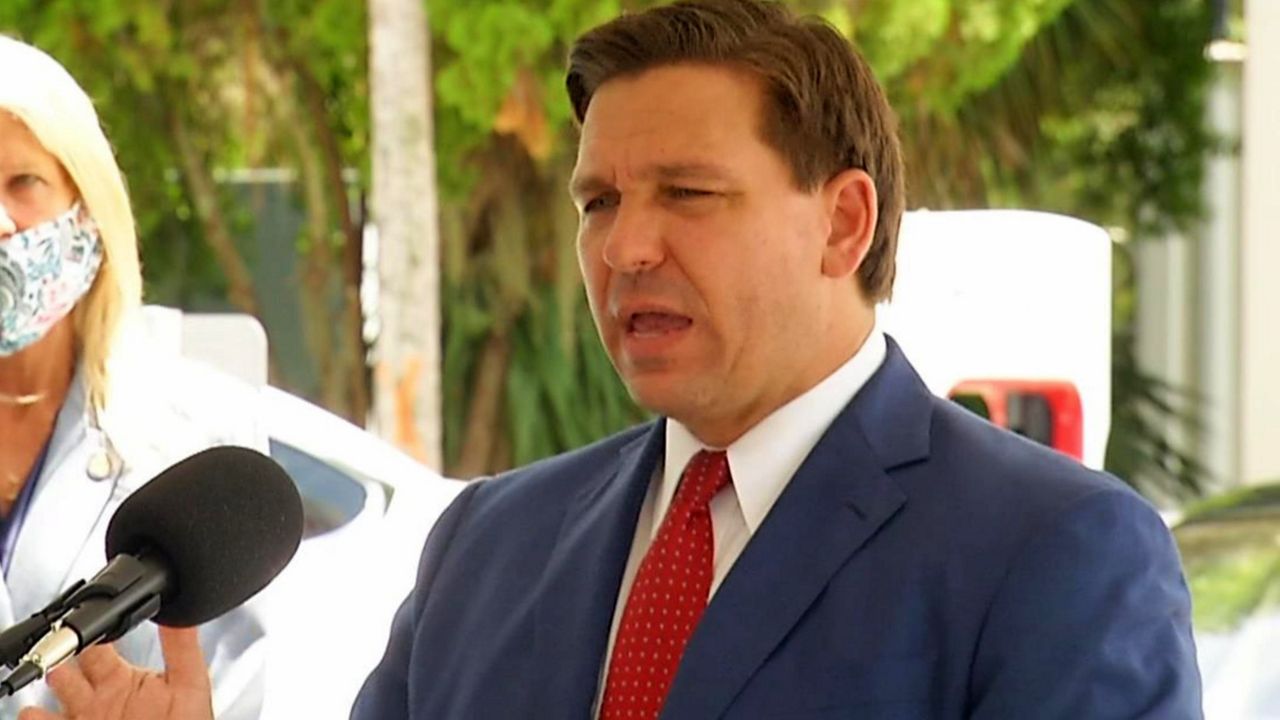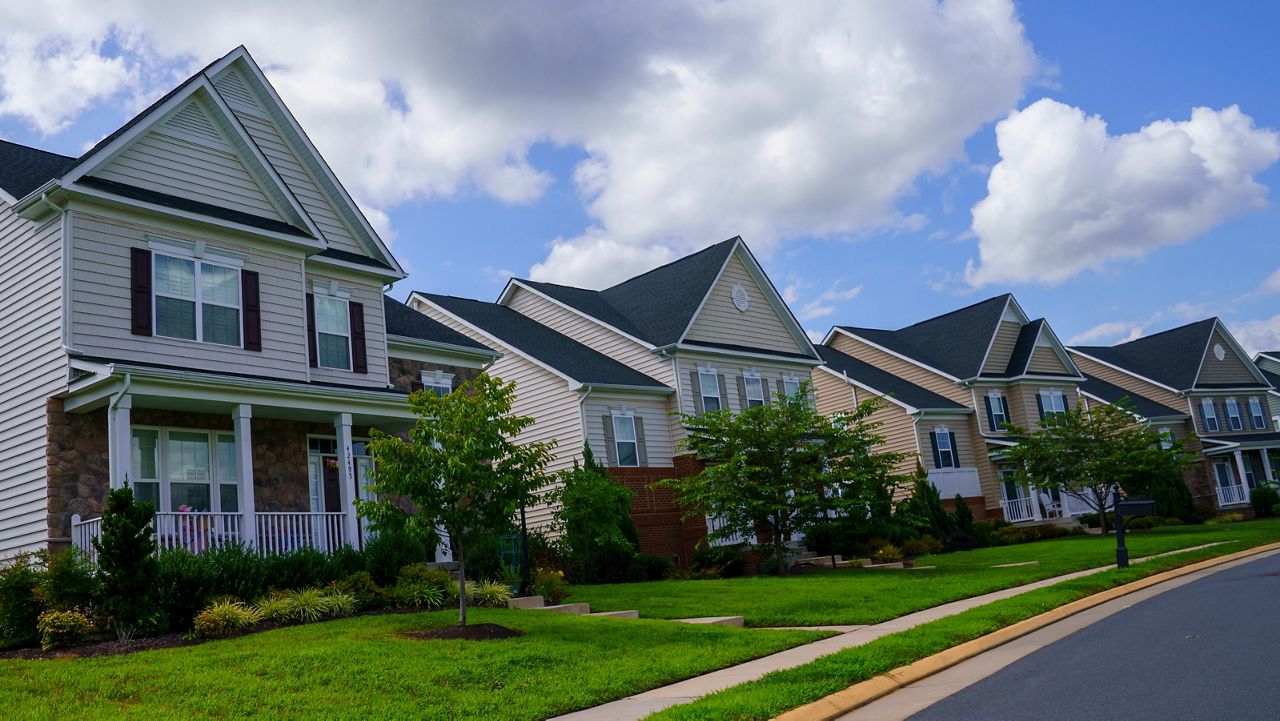Deltona resident Jayne Rocco has been a landlord for about 25 years. During that time she’s had to evict a number of tenants – but it’s never her first choice, she said.
“I hate to do an eviction,” Rocco said. “I always try to work with [tenants]. Eviction is my last option, actually.”
However, during the coronavirus pandemic, Rocco felt she had no choice after a tenant at one of her Daytona Beach properties stopped paying rent in March. She tried to get her tenant to apply for Volusia County’s COVID-19 rental assistance program – but he wouldn't apply, Rocco said.
On June 1, Rocco filed for an eviction. But Florida’s eviction moratorium halted case proceedings, she said.
Rocco’s tenant ended up abandoning the property on his own accord later that month. He left all of his belongings there, Rocco said, delaying her ability to lease the property to other tenants. Finally, earlier this month, Rocco was able to lease the property once more. She estimated losing around $6,000 in the course of those six months her tenant neglected to pay rent.
Based on the number of landlords in Facebook groups she’s joined who have shared similar stories, Rocco’s situation is not unique, she said. It’s for that reason that Rocco started a Change.org petition, asking Gov. Ron DeSantis and Florida legislators to provide landlords with government aid to compensate for their losses throughout the moratorium.
“I'm just helpless. I didn't know what else to do,” Rocco said. “I thought [the petition] might help.”
Rocco pointed out that many small-time landlords like herself do not actually profit off the properties they lease, after mortgage payments, insurance, property taxes and necessary repairs are accounted for.
“That’s what we pay our bills on. That’s our job. That’s our salary,” Rocco said of the rent payments she and many other landlords have missed during the coronavirus pandemic.
Now, in addition to Florida’s statewide moratorium currently set to expire October 1, the Centers for Disease Control and Prevention have enacted a federal moratorium on residential evictions that will last until the end of the year.
Protection for tenants under the new order is not automatic. To be covered, tenants must submit to their landlords a specific declaration form, stating that they are unable to pay rent because of the COVID-19 pandemic.
They must also state that they’ve made every attempt to pay what they can and to obtain as much government assistance as possible.
For her part, Rocco is skeptical that the CDC’s order will really change anything or improve the long-term outcome for landlords.
“[The tenants] don’t care,” Rocco said “They’re just going to walk away. Landlords are never going to collect that money.”
She said she believes the moratoriums – and the lack of any accompanying aid for property owners – violates the Takings Clause in the Fifth Amendment of the Constitution.
“The Constitution, when it was written, seriously addressed owners and their property rights,” Rocco said. “There’s a paragraph in there where it says that the government cannot take the rights to your property without compensating you. Yet we’re not getting anything. We’re not getting a dime.”
Senior Housing and Consumer Attorney with Orange County’s Legal Aid Society Jamos “Jay” Mobley acknowledged that while the CDC’s order offers tenants some temporary respite, it does not make it any easier for them to make up missed rent payments in the long run.
“It’s going to be unusual that a person would have all these months of back rent to pay within a day or two after this expires,” Mobley said. “So a lot of people are probably going to be evicted right after this expires.”
Molly Duerig is a Report for America corps member who is covering affordable housing for Spectrum News 13. Report for America is a nonprofit national service program that places journalists in local newsrooms to report on undercovered issues.









